
How Renewable Energy Can Be Cost-Competitive
This is the critical challenge we face today. IRENA analyses show that the story of renewables competitiveness is nuanced. Wide variations in installed costs exist, not only between countries, but within a country. Some of these differences are due to structural or project-specific issues, but many could be addressed through better policy.

Sustainable Urban Energy Is the Future
Implementing renewable energy strategies in city environments is rapidly becoming energetically imperative. Making the transition involves not only switching the energy source, but making sure it is cost-effective, sustainable and beneficial for development.

Atomic Power—Saving Lives
Properly utilized atomic power can save lives and resources, and it is time for a fundamental re-examination of its applications and further development of peaceful atomic research.

From COP21 to the New Urban Agenda
Cities contribute up to 70 per cent of the world's total greenhouse gas (GHG) emissions, and over 75 per cent of total global energy generated is consumed in cities. Urban residents are already exposed to the negative effects of climate change and many of the most vulnerable populations reside in cities.
The United Nations and Sciences
The United Nations Secretariat was first to involve academia in issue articulation programmes, conferences and the drafting of reports dealing with either new global programme areas or with specific policy issues reflecting the changing membership of the United Nations.

Independence and Impartiality as the Heart and Soul of the Secretary-General
Article 99 is more important, in my view, in what it implies and presupposes by specifically encouraging the Secretary-General to use his judgement as to whether a matter should be brought to the attention of the Security Council as it could potentially threaten the maintenance of international peace and security.
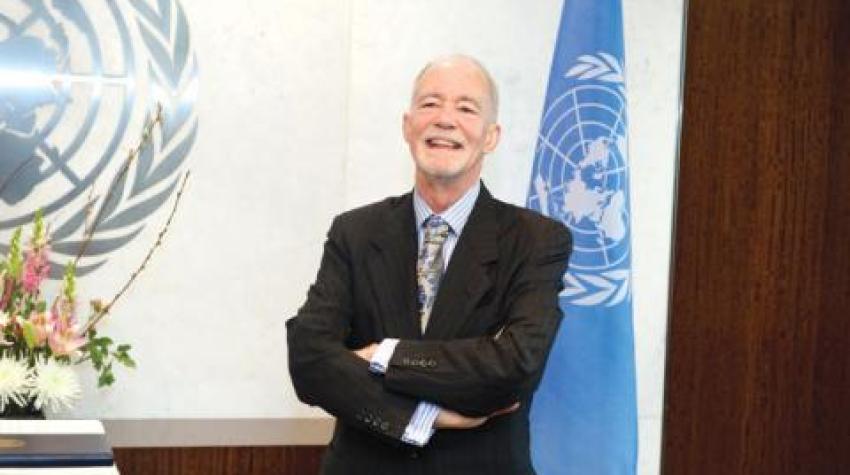
The United Nations and Its Discontents—An Academic View
While the next Secretary-General will face serious leadership challenges in nourishing the Organization and keeping it agile, the critical determinants of the future for the United Nations remain the Permanent Five, each of which may or may not be willing to face the urgent need for meaningful change.
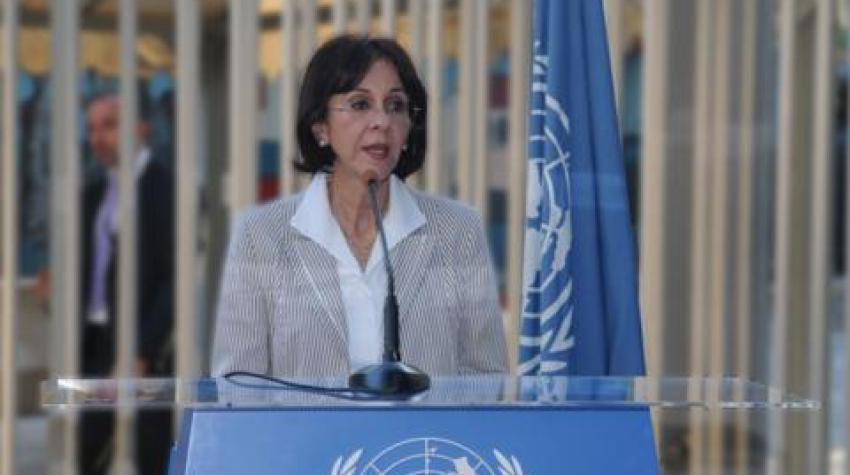
A New Agenda
The 70th anniversary of the United Nations presents an opportunity to take stock, recognizing our successes and acknowledging our shortcomings. The United Nations has indisputably made the world a better place over the past seven decades. We have succeeded in making the world recognize the wealth in its pluralism and diversity. For the first time in history, a consensus around human equality has been forged. No race or culture can claim to exclusively represent human civilization.
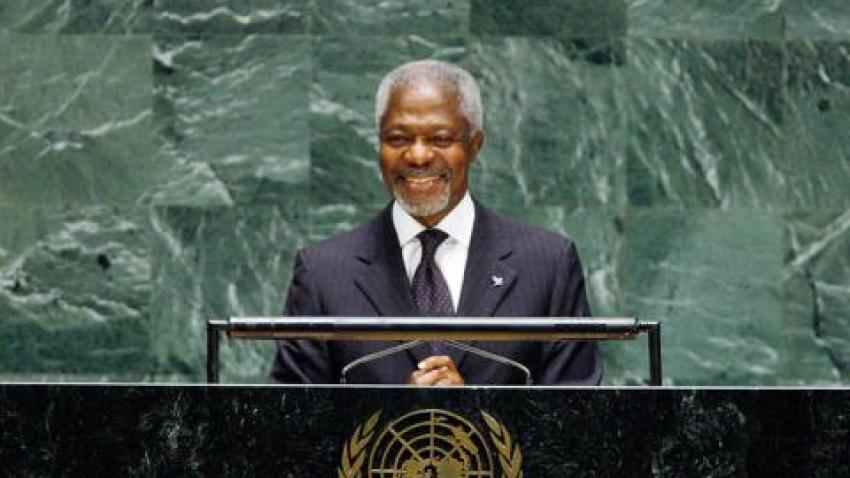
Reflections on the UN at 70
Forty years with the United Nations taught me many lessons, but one remains foremost in my mind, that healthy and sustainable societies are based on three pillars: peace and security, sustainable development, the rule of law and respect for human rights. There can be no long-term security without development; there can be no long-term development without security; and no society can long remain prosperous without the rule of law and respect for human rights.
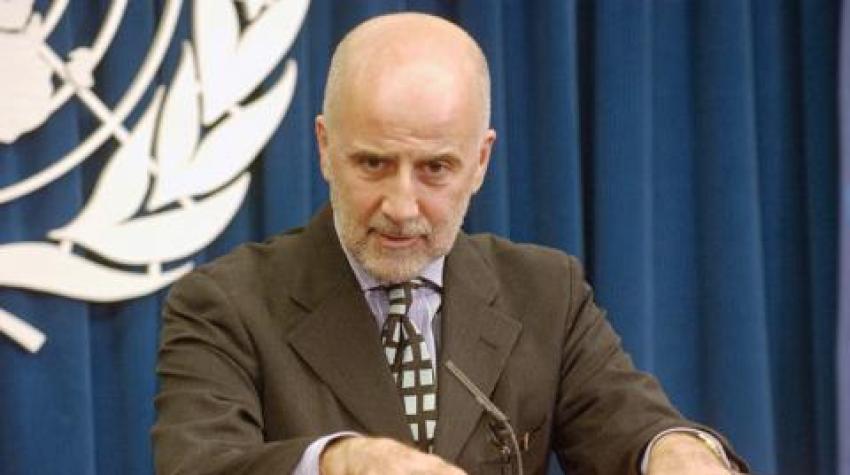
A Key United Nations Moment and its Lessons
In the spirit of the times, something of a clamour for transparency and participation is rising. That is understandable, but it reflects a misunderstanding of the nature and texture of the position and the role of the Security Council. The Secretary-General must play a crucial role as a partner of the Council if the system is to work....
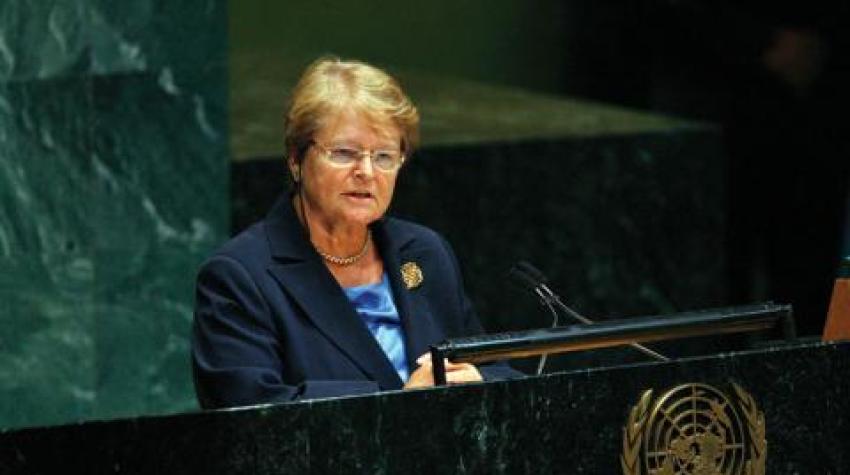
A Time for Bold Reforms
In this 70th anniversary year, the United Nations must show itself to be mature and responsible enough to make bold reforms that can secure its long-term effectiveness. It must also exhibit humility and engage with ordinary citizens in its Member States, listen to their views, recognize their respective contributions to development, and show that it is relevant to their lives, and to the lives and prospects of their children.
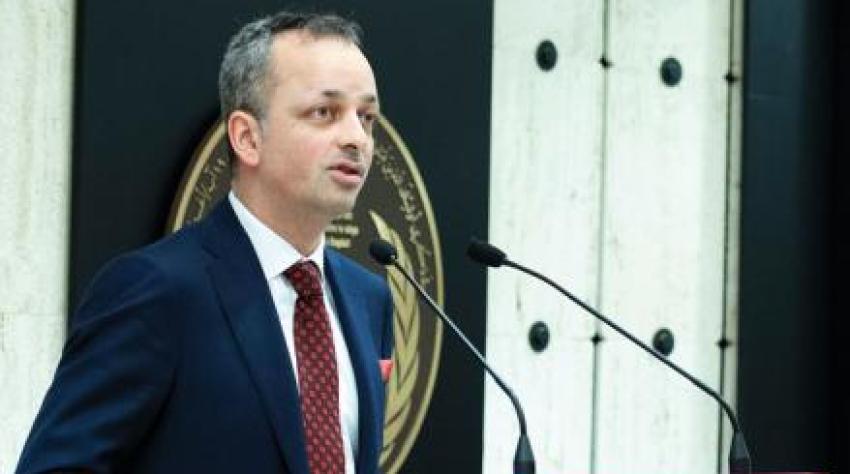
Three Simple Fixes for the Next 70 Years
In 2015, at the 70th anniversary of the birth of the United Nations, it is time to change that and to create a workplace in which talent, skill and determination can translate more easily into meaningful results. Here are some thoughts how.
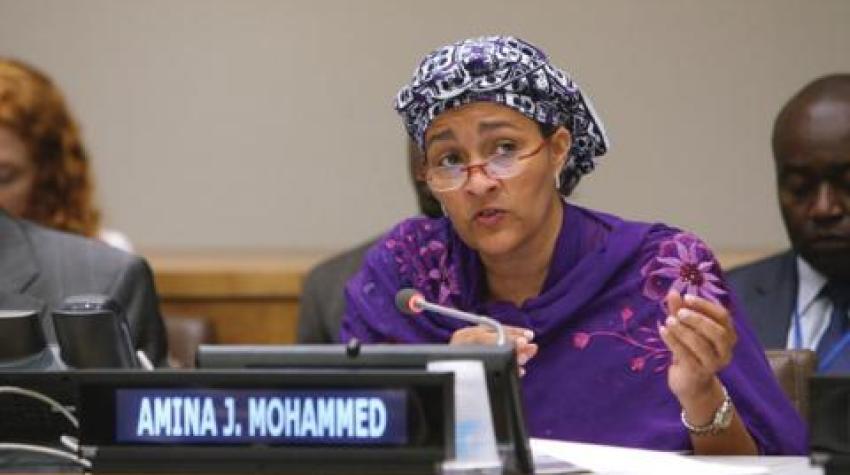
Looking Back, Moving Forward
Business-as-usual will not lead the world to a sustainable development path and will not allow us to respond to the new and emerging challenges. As the Secretary-General of the United Nations Ban Ki-moon phrased it in his Stanford address in 2013, There can be no Plan B because there is no planet B.
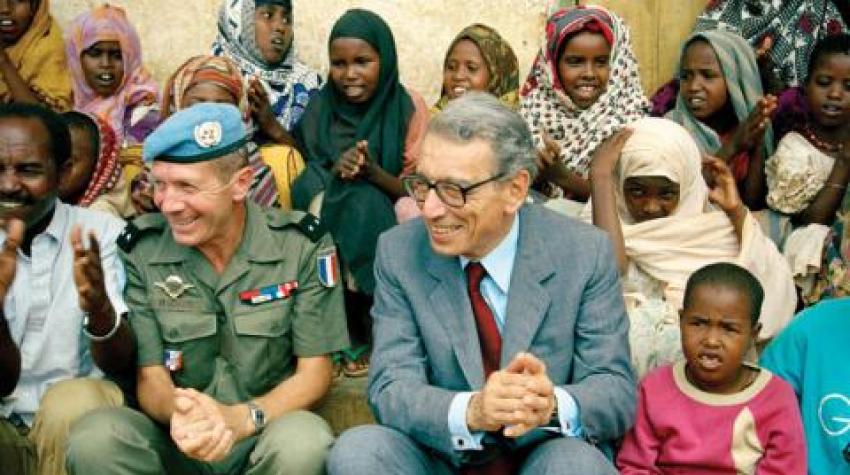
Seventy Years of the United Nations
I am confident that the United Nations, our United Nations, will continue to lead in innovation so that we reach the aim of the Charter for life in larger freedom.

Preventing the Use of Child Soldiers, Preventing Genocide
With the adoption of United Nations Security Council resolution 2171 (2014), the Security Council committed itself to better utilizing all tools of the United Nations system to ensure that warning signs of impending bloodshed translated into 'concrete preventative action' (United Nations, 2014). Such action may be illustrated in prioritizing the protection of children on the peace and security agenda, which could warn us of possible genocide.
